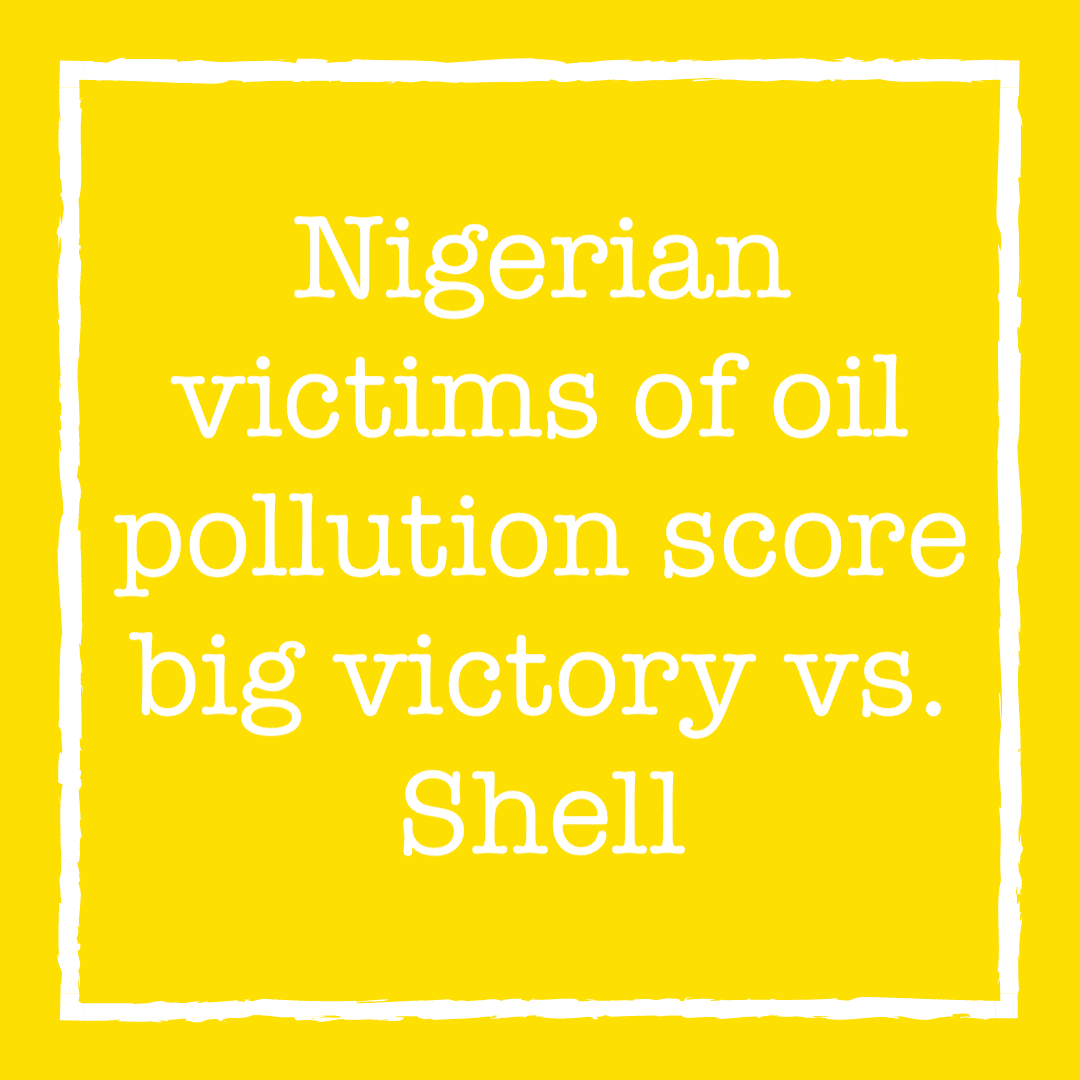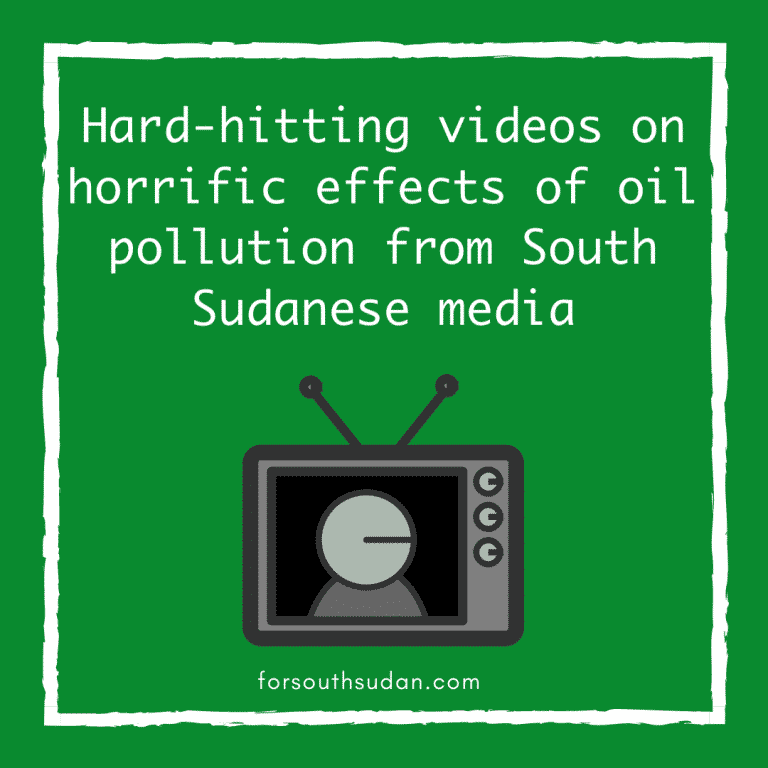February 1, 2021
forsouthsudan.com
A verdict reached on January 29, 2021 in the Netherlands has the potential to be a game-changer for the hundreds of millions of victims of environmental and labor malfeasance practiced or tolerated – via chains of supply and corporate control – by multinational corporations.
The court ruled that Royal Dutch Shell, which is headquartered in the Netherlands and in the UK, is accountable – via its responsibility to exercise prudent supervision over its subsidiaries and other operations – for the actions perpetrated by a subsidiary in Nigeria.
This ruling effectively puts an end to multinational corporations’ practice of shielding themselves from accountability in home jurisdictions by creating layers of subsidiaries located in countries other than their ones of headquartering.
The lawsuit was brought in 2008 by Nigerian farmers, who contended that leaks from oil pipelines owned by Shell Nigeria had robbed them of their livelihoods and health.
The verdict is expected to unleash a “flood of further litigation”.
Many of these cases could well be in South Sudan, in which more than two decades of unchecked contamination of water, land and air by oil consortia have ruined the health and livelihoods of hundreds of thousands, probably even millions. UNESCO published in July, 2020 a study pegging the number of children in South Sudan suffering from grave, oil-caused lead poisoning to be 2.3 million. https://www.unicef.org/media/73246/file/The-toxic-truth-children%E2%80%99s-exposure-to-lead-pollution-2020.pdf
Major shareholders in South Sudan’s oil consortia are China National Petroleum Corporation and Petronas of Malaysia.
For further information:
https://www.bbc.com/news/world-africa-55853024


